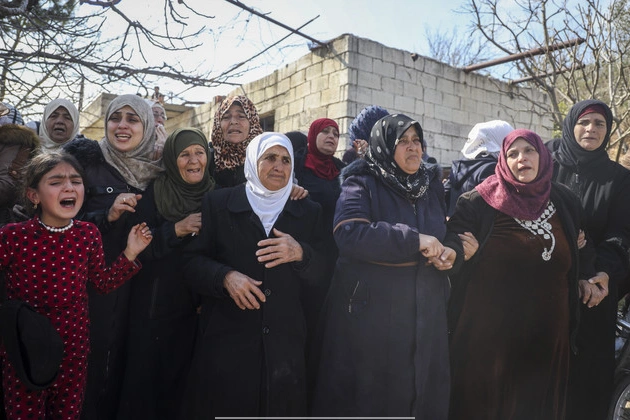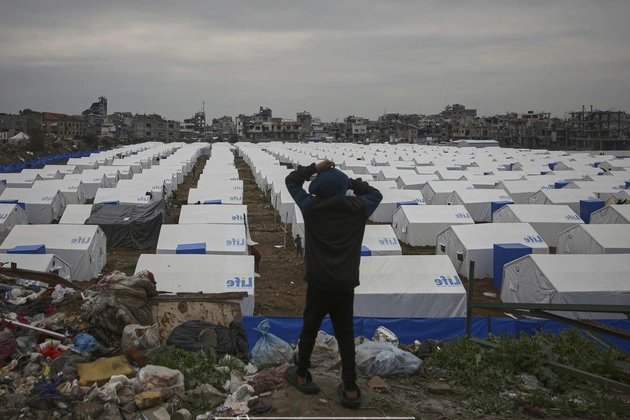
Pakistani Airstrikes in Eastern Afghanistan: Impact on Refugees and Border Relations
Pakistan’s recent airstrikes in eastern Afghanistan have stirred controversy, with reports indicating the tragic death of 46 individuals, predominantly women and children. The strikes targeted multiple locations in Barmal, a district within the province of Paktika, resulting in casualties among refugee populations. This incident has reignited concerns about the delicate relationship between Pakistan and Afghanistan.
Escalating Tensions and Casualties
Hamdullah Fitrat, the deputy spokesman for the Afghan government, lamented the loss of innocent lives in the airstrikes, noting that the victims included refugees seeking shelter from conflict. The strikes, reportedly aimed at dismantling a training facility and eliminating insurgents, have raised questions about the extent of collateral damage in such military operations.
Conflicting Reports and Allegations
Amidst conflicting accounts, Mohammad Khurasani, the spokesman for the Pakistani Taliban, asserted that the casualties numbered even higher, with a significant proportion being women and children. He portrayed the deceased as unarmed refugees who had fled to Afghanistan due to Pakistani military offensives in the region.
The Pakistani military has refrained from commenting on these airstrikes directly, focusing instead on domestic security operations. However, the incident has sparked a war of words between various factions, escalating tensions along the shared border.
Implications for Regional Security
The repercussions of these airstrikes extend beyond immediate casualties, hinting at broader security challenges in the region. Analysts warn of potential retaliatory actions by militant groups, further destabilizing an already volatile area.
The evolving situation underscores the complex dynamics between Pakistan and Afghanistan, with historical grievances and security concerns shaping their interactions. The need for constructive dialogue and mutual cooperation to address cross-border security threats remains paramount.
Call for Vigilance and Cooperation
As both countries navigate these turbulent waters, vigilance and cooperation are essential to mitigate the risk of escalating hostilities. The humanitarian cost of conflict underscores the urgency of diplomatic solutions and peaceful coexistence.
It is imperative for stakeholders to prioritize dialogue and reconciliation to prevent further loss of innocent lives and foster stability in the region. The international community plays a crucial role in facilitating constructive engagement and promoting peaceful resolutions to conflicts.















